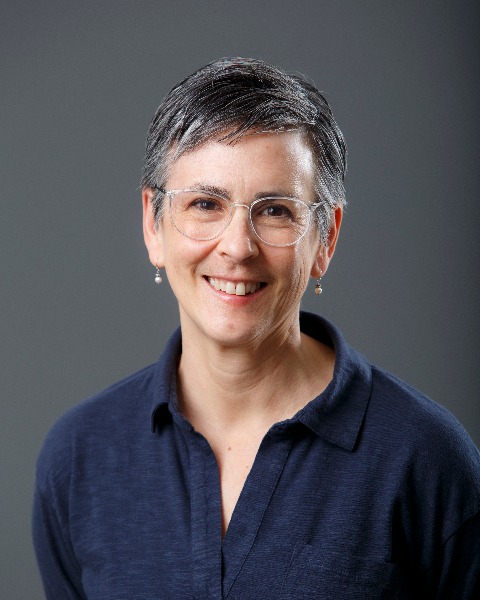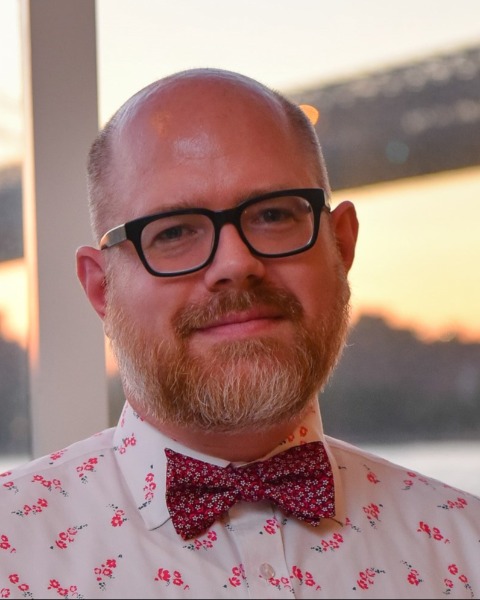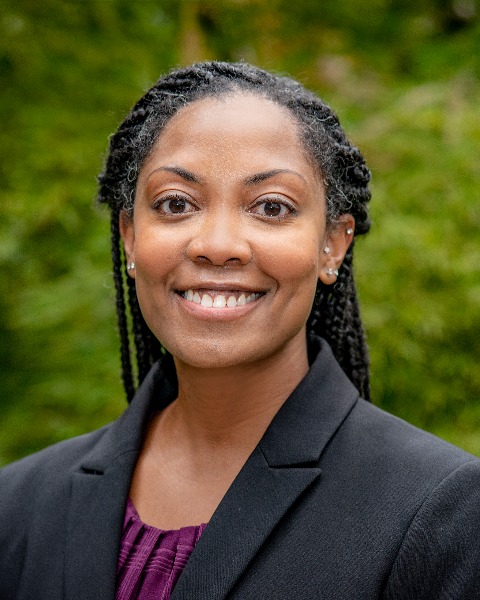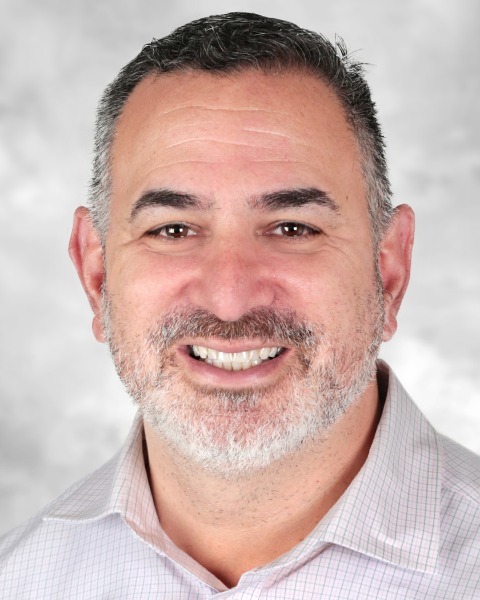Advocacy
Diversity, Equity, and Inclusion
Medical Education
Wellness and Well-being
Trainee
Brave Spaces: Teaching in times of controversy
-

Catherine Shubkin, MD, FAAP, HEC-C (she/her/hers)
Associate Professor of Pediatrics
Geisel School of Medicine at Dartmouth
Lebanon, New Hampshire, United States -

Jeremiah Cleveland, MD (he/him/his)
Assistant Professor
Maimonides Children's Hospital, SUNY Downstate School of Medicine
Brooklyn, New York, United States -
JW
Jamee Walters, MD (she/her/hers)
Associate Program Director
Johns Hopkins All Children's Hospital, Department of Medical Education
St. Petersburg, FL, Florida, United States -

Abena Knight, MD (she/her/hers)
Clinical Professor and Vice Chair of Education
University of Washington School of Medicine
Seattle, Washington, United States -

Brian Lurie, MD MPH (he/him/his)
Associate Professor
Hasbro Children's Hospital at Rhode Island Hospital
Providence, Rhode Island, United States
Leader(s)
Co-Leader(s)
Workshop Description: Medical educators are responsible for training future pediatricians to care for all children, to mitigate health disparities, and to maintain high ethical and professional standards. Unfortunately, recent legislation limits the ability of educators to provide clinical care for marginalized populations, impacting the ability for trainees to learn about care for these communities. When topics such as diversity or anti-racism, reproductive justice, and LGBTQA+ care become divisive it creates undue moral distress for all pediatricians and widens the equity gap.
Traditional language has advocated for “safe” spaces to promote psychological safety for learners. We propose a shift in framing to “brave” spaces in which dialogue around complex issues includes a diversity of voices, honors the lived experiences of our trainees and communities, and acknowledges the ethical and moral dilemmas raised by these topics.
Using highly interactive formatting, we review a brave space model in which trainees understand both the best evidence base and the unanswered questions that drive future scholarship. When legislation precludes comprehensive training, brave spaces ensure creative and alternative educational opportunities for all trainees, regardless of geography or training site. Additionally, trainees develop skills in communication and ethics that foster a diversity of opinions. Finally, a brave space model recognizes that this work is hard, necessitating support for trainees when faced with difficult conversations to mitigate moral distress and promote well-being. Training pediatricians in navigating difficult dialogue requires collaboration, communication, and bravery, and it empowers them to practice with humility, compassion, and the advocacy skills to reduce health inequities.
Learning Objectives:
- Understand the scope of impact of recent legislation that affects pediatric graduate medical education.
- Strategize means to foster a brave space to discuss controversial issues.
- Develop strategies to ensure that pediatric programs are ensuring inclusive learning environments while recognizing the burden of moral trauma created by restrictive legislation

